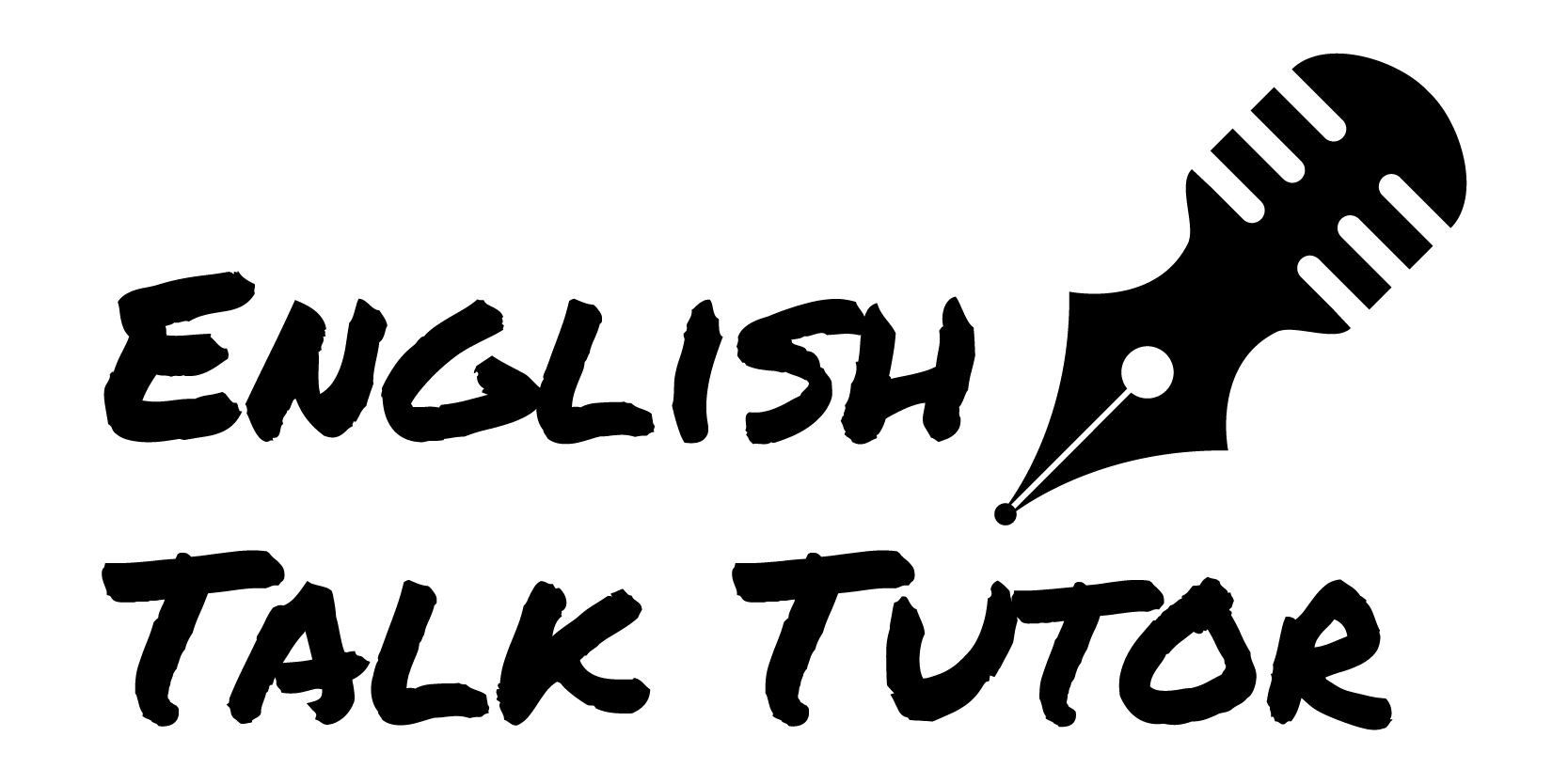
Before getting to know Oral Communication or What is oral communication? Do you know, in recent times, the term influencer is getting pretty popular?
Who are these influencers? Influencers are the ones who have some commanding skills to control their surrounding people with their works and actions.
All visionaries, politicians are the great examples we have for an influencer. In today’s world, mere action does not influence others. They only get you some attention.
An influencer must also know how to use the power of communication to get other’s influence. One must master the art of speaking to make others connect to his views and vision.
Unless you establish a connection with your listeners, you cannot bring any transformation. The skill is being practiced across the world by many famous personalities.
Warren Buffet, the multimillionaire and investor, gives his success credit to Dale Carnegie’s public speaking course over his graduation from university.
Since we all now know the power of oral communication, let’s try to understand more about it.
If you ask me to define oral communication, In simple terms, I would call it a form of communication where you use your mouth and language as a medium to express your thoughts and feelings.
For the very same reason, Oral Communication is also known as Verbal Communication.
If oral communication is merely talking with others, then what is so complex about it?
Well, the complexity lies in the oral presentation. It is not a simple usage of a language or sounds to communicate. It does have a process and sequence which has to be practiced and implemented to derive effective outcomes.
If you want to see some of the best oral communication examples, I recommend you to listen or watch the below speeches and ask yourself if you got motivated or felt some transformation?
Steve Job’s speech at Stanford University.
Mark Zuckerberg speech regarding finding purpose.
Now we know the tip of the query, “what is oral communication?” Let’s get deeper to understand more about it.
Forms of oral communication

There are many forms in which we could use oral communication. If you want to get them broadly classified, you can probably use them in three different situations.
Discussions
Presentations
Speeches
Discussions
Discussions can happen both at the personal and group level. We come across this situation to express ourselves to our friends or family in our day-to-day life casually. We also use it to exchange our opinion or requirements with our managers or colleagues we work with within our office in a much formal manner.
Discussions often take place to finalize minor levels of decisions or concerns. Often takes place between two individuals or within a small group.
Mostly, used to express one’s thoughts and feelings about any subject or topic, know the opinion of others about it to come to any conclusion on which you both can agree and stand to it.
Presentations
Presentations, on the other hand, usually take more formally.
They are the systematic form of putting up your finding, an idea, or a concept to a set of individuals or stakeholders.
Before giving a presentation, one needs to research the facts and statistics to support his stands. It usually starts with presenting the problems with findings and advises the best probable solution supported with evidence of facts and proofs.
The presentation usually deals with the technical form discussion supported by various forms of logic and statistics. But to impact others, this form of communication is not very suitable.
Speeches
Speeches or Public speaking is, on the other hand, have the potential to transform the masses. It is a different level of communication that impacts any individual emotionally.
A visionary uses this skill to get his vision sowed into his listener’s and follower’s mind.
Public speaking involves much more than knowing what to speak. A public speaker must know much about his audience’s persona. He should set his tone accordingly and get deeper into the thoughts of his audiences. He must form a connection with his audience before putting up his point at first.
Once the audiences are connected, they feel the speaker’s words emotionally and take action as per their speaker. For the same reason, a company head often interacts with their colleagues and investors to retain their trust and faith. A politician interacts with their audience and tries to prove to them that they
Many visionaries and industrialists interact with their followers, customers, or investors periodically to retain their trust and availability with their believers.
Oral Communication Types

Based on forms of oral communication we have seen just now, an average working person usually comes across below five types of verbal communication. Once a person is prepared and ready for the below oral communication types, he can grab 99% of the opportunities he could face in his daily life.
Elevator Pitch
Elevator Pitch is where one could introduce himself to another person within a 30 seconds span. This particular oral communication type has to be mastered by every individual because this is how you could position yourself and make your first impression.
Take a situation where you face some founder or visionary or even your prospect in an elevator. Now you have a max of 30 seconds in your hand to introduce yourself and make a positive impression then, what would be your elevator pitch? Once you prepare your elevator pitch, you are prepared to grab the unexpected opportunities.
Formal Conversation
In Formal communication, one should know how to present or discuss a problem most shortly and effectively. Formal communications usually happen in business or your office, where everybody has a limited amount of time.
Hence, valuing the importance of another person’s time is something which we must keep in mind.
Take a situation where you need to interact with your client, manager, or SME ( Subject Matter Expert) to discuss your new project’s requirements, technical specifications, or the process. You will have a limited amount of time, then how would you prepare to communicate with your stakeholders to make the best use of this situation to get complete information? Once you accumulate this type of formal communication, you get valued by your stakeholders in return.
Informal Conversation
Informal conversation is the general conversation we usually have with our friends and colleagues regularly on a day-to-day basis. I will not advise much on the personal level of communication with friends and family. But when you are interacting with your team, having direction or orientation will add value to you as a person. You can utilize this in favor of developing your brand, also called a personal brand.
When interacting with your team, being able to help other team members with their work and keeping your conversation more work-oriented could build your trust and authority.
Take a situation when you engage or discuss with your teammates about your work and research, conducting a healthy debate about an idea or a solution that potentially solves a business process or a problem.
Business Presentation
Business presentation is your proposal or briefing to your business or stakeholders about some change or findings in an existing or a new solution. It usually happens more in a formal conversation.
You should have good research skills to become a good presenter. Based on your presentation type, you must do the ground research and build your presentation on top of the work.
Business presentation is not only to showcase your findings, but you could also suggest new solutions to catch up with the opportunity.
Take a scenario where your business wants to know how far the newly proposed digital marketing strategies are working? or an ad campaign is working? What research are you going to do? What metrics are you supposed to track to evaluate the results?
Analyzing the results is only one part of the game, but how to showcase your analysis report to the stakeholder is a big part of the game. How would the business understand the importance of your metrics and their results? How could you articulate or translate the technical details into business-critical information?
The skill to simplify the complex matrix and convey them into simple business outcomes will make you a sought-after person for any business presentation.
Speech
Speech is the ultimate form of oral communication where you would interact with the masses. We cannot categorize it into formal or informal communication because it depends on the type of audience. The purpose and preparation for a speech is a whole new game. Leaders and influencers across the world practice this skill extensively.
The purpose of any speech is to bring some emotional transformation within the audience. A political campaign consists of many such public speaking events by the potential candidate. He initially tries to gain the trust of their audience with his public speaking and later transforms them to vote in his favor.
Take a scenario where you are leading a team that lacks confidence. What would you initially do to know about your team? How would you know what kind of language your team prefers? What solutions do you have for their problem? How would you convey it to them to bring in the transformation?
The skill to transform the masses by their speech is the mastery of all other skills as you could drive them to take some massive action.
Summary

So, this article through which I wanted to clarify your query regarding oral communication.
If you wish to find out how advantages of oral communication can beat or outperforms written communication, I would recommend reading this blog post: “Advantages of Oral Communication“
Having known about this knowledge is not sufficient. You should also be aware of how to practice and implement them in your daily life. Shall be posting about them shortly. Let me know your feelings about the article. I will be glad to know.
PS: In the meantime, if you are working in a corporate organization, you will be glad to know that we have a separate section for corporate communication itself. If you wish to find out more about corporate communication, I would recommend reading this blog post to begin: What is Corporate Communication
